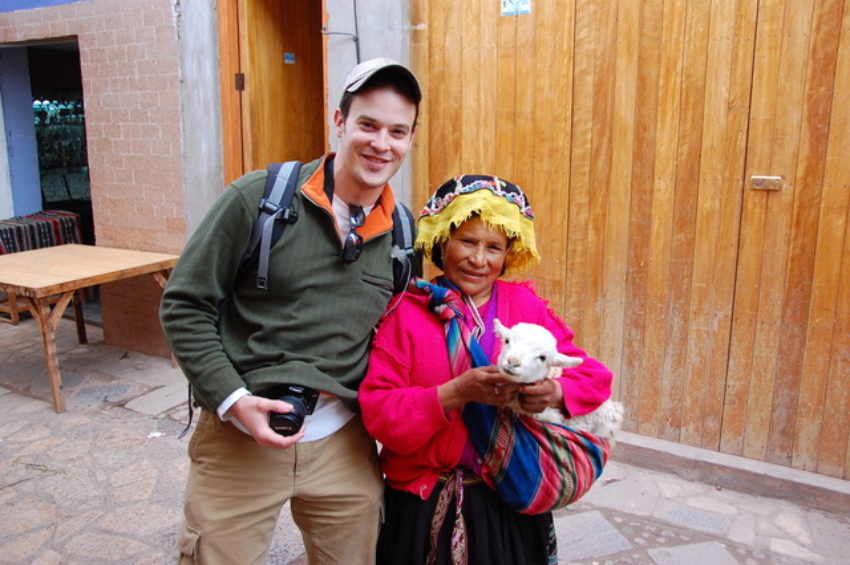By Shakera Flores
What’s the most impactful and positive thing you’ve ever done? This question may have most people stumped, but it’s likely an easy one for Christian Stallworth, M.D., clinical associate professor and facial plastic surgeon in the Department of Otolaryngology.
He routinely visits developing countries to perform facial reconstructive surgery on children.
Dr. Stallworth, a member of the American Academy of Facial Plastic and Reconstructive Surgery, has joined numerous humanitarian surgical missions through Face to Face, a philanthropic and humanitarian program. Serving as a team surgeon on missions to Peru and Guatemala to help the less fortunate has left him with a lasting impression of what health care truly means.
Dr. Stallworth recounted some of his most memorable experiences during these mission trips.
On his very first mission, he’d gone to a waiting area to speak with a child’s family to inform them on the success of the surgery, but was immediately met tears and grief. The family was crying and gathering their things to leave. “They were Quechua people, descendants of the Incas. They explained to our translator that they were under the impression that when a doctor came out to talk with you it meant the patient had died,” said Dr. Stallworth. It was a shock, but helped him understand the culture.
Another memory involves a baby girl with a wide cleft lip. His team worked diligently because they knew the surgery would impact not only her, but her entire family.
“According to the mother, her husband, the baby’s father, divorced her and left them because he and his extended family felt a daughter born with a cleft was cursed. In his opinion, the baby’s affliction had to have come from the mother and her sins,” he said.
“The patients and their families have always proven to be so grateful and so invested in their own health care,” Dr. Stallworth said. “Working in this environment and operating in rooms without ventilation and air conditioning, seeing flies in an operating room, (performing rounds) on patients in communal rooms with no air conditioning in the summer, seeing the resiliency of families that bring children from hundreds of miles by foot and bus, only to go back the day after without prolonged hospital stays – all of these experiences are so eye-opening and in stark contrast to much of what you see in the United States.
“This kind of medical care can embody the very reasons why many of us sought a career in medicine,” he added.
Mission trips aren’t for the faint of heart, but for those who want to impact the lives of those with no access to health care. Dr. Stallworth’s advice is to “find a team that needs your expertise in whatever field that might be and a team that has an established track record. Doing this can make sure the rewards and positives outweigh any downside.”


